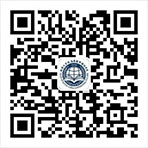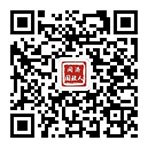
The 90th session of “Tongji Advanced Lectures” and the 37th session of “Tongji Serial Lectures on Social Sciences” hosted by the Institute for China & World Studies and the School of Political Science & International Relations, Tongji University were successfully held in the Lecture Hall of Yifu Building, Tongji University on the evening of April 22, 2021. Dr. Xu Jian, President of China Foreign Affairs University (CFAU) and Chancellor of China Diplomatic Academy (CDA), was specially invited to deliver a keynote speech “The Community of a Shared Future for Mankind and a New Paradigm for International Relations Theory” for teachers and students of Tongji University. The lecture was moderated by Professor Men Honghua, Distinguished Professor, President of the Institute for China & World Studies, and Dean of the School of Political Science & International Relations, Tongji University.
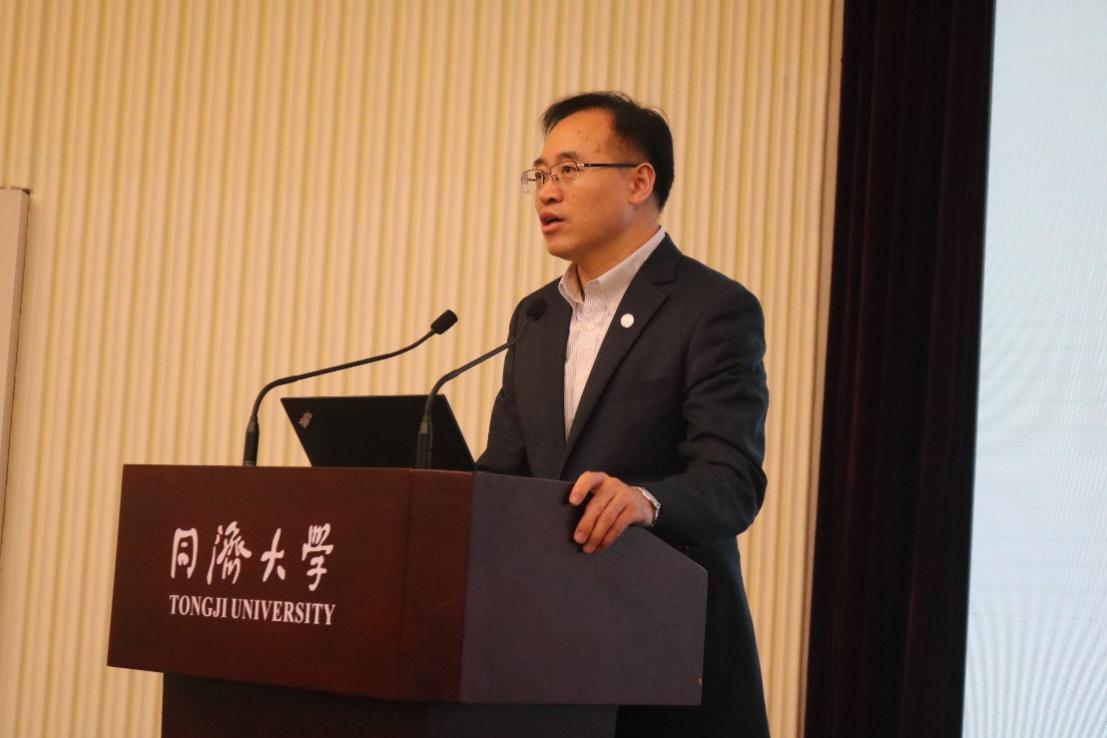
Professor Xu first reviewed the relation between the transformation of the international order and the innovation in IR theory since the Thirty Years’ War in Europe. He pointed out that the great changes in the international order have always been accompanied by the innovation in IR theory, and the era of great change is an active period of theoretical innovation. Our world is currently undergoing profound changes unseen in a century, specifically including closely intertwined contradictions of various kinds, a large number of forces colliding with each other, and increasingly intensified uncertainties. The world is stepping into a stage of major adjustments and changes; therefore, the cognitive paradigm in the traditional IR theory is increasingly inadequate to explain such a complicated world situation. The world is calling for innovation in IR theory, and both China and the rest of the world need to actively explore a new paradigm for IR theory.
Professor Xu further described the features of the evolution of IR theory as follows. First, the evolution of IR theory is mainly reflected in the innovation and elimination of paradigms and the IR theory have been developing with the constant updating and elimination of the paradigms for IR theory; Second, the evolution of IR theory presents a trend of paradigm diversification; Third, the world’s IR theory circle gets increasingly out of the monopoly of the West. As China’s international voice has been becoming louder and louder, the era when Western countries monopolized the international discourse power is becoming a thing of the past.
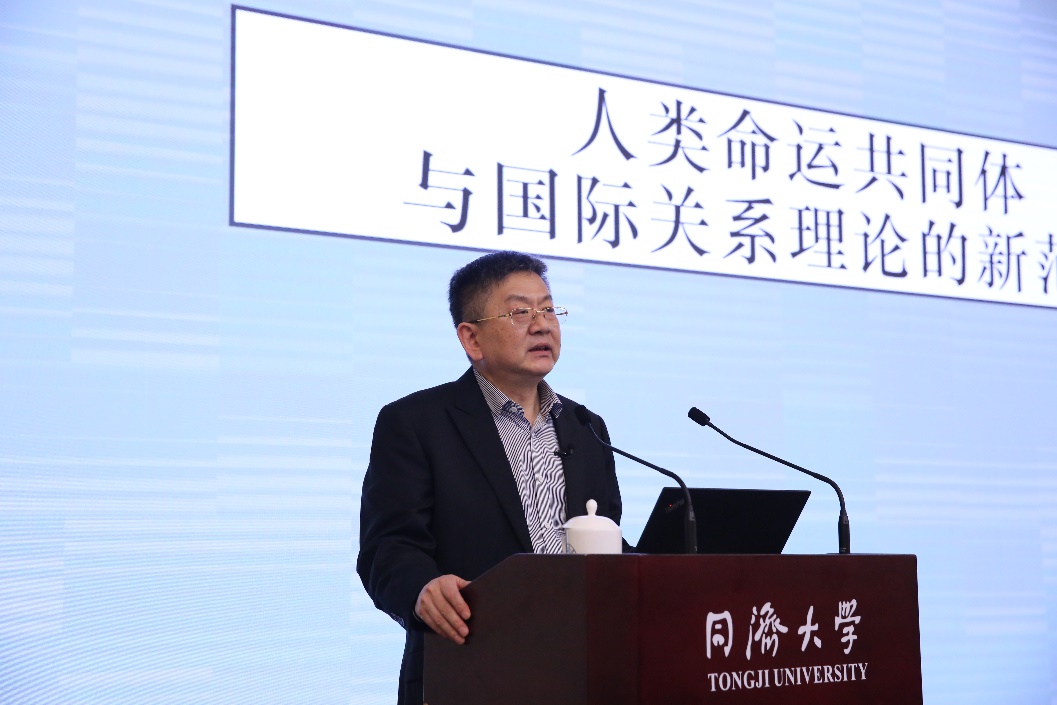
Then, according to the specific changes in today’s international situation, Professor Xu explained why China was pushed into the teeth of the stormy history in the incubation process of a new round of innovation in IR theory in the 21st century. First, China is becoming an indispensable player in the development pattern of today’s world, and is increasingly stepping into the center of the world stage, breaking the pattern dominated by the Western world. China has blazed a path of modernization different from that of the West. The world is closely keeping an eye on China, on how it deals with its relations with the rest of the world and other major powers.
Second, the era when Western ideologists and politicians dominated international affairs in modern times is gone forever, reflected in the failure of Western models and the signs in twilight of the American order. So far, the solutions to various problems and challenges faced by the world in the unprecedented changes in the past century offered by Western countries, represented by the US and Europe, have been generally disappointing, whether it is the deconstruction analysis on the ideological and theoretical level, or the various policy measures introduced. The world has seen a kind of charm and effect of development different from that of the West from the strong contrast between the West's low efficiency and disorder and China's high efficiency and orderliness.
Against this backdrop, Professor Xu believed that the development of IR theory with Chinese characteristics requires us to make innovations on the basis of the traditional quintessence. On the one hand, we need to break out of the set pattern of Western IR theory and put forward the theoretical framework and cognitive paradigm that reflect the general trend of the times; and on the other, we should promote the establishment of new IR theory that reflects the current historical trend and the general trend of world development on the basis of inheriting the existing achievements of the IR theory with Chinese characteristics and under the guidance of the Xi Jinping Thought on Diplomacy.
The IR theory with Chinese characteristics since the founding of new China has contributed a lot to the development of the paradigm for IR theory. For example, the Five Principles of Peaceful Coexistence have promoted the awareness and application of the UN Charter; the Theory of Three Worlds applied the class analysis method to the IR theory, providing a perspective and paradigm for explaining the international pattern and form at that time; the Theory of Peaceful Development applied Lenin’s theory on the characteristics of the time and thus featured a distinctive Marxism-Leninism tone. In the opinion of Professor Xu, we need to summarize and inherit these IR theories with Chinese characteristics that have profound historical accumulation. A correct way to summarize and develop these theories is to make innovations while absorbing the traditional quintessence, and then, under the guidance of the latest theory of Marxism with Chinese characteristics, to abstract and analyze the theory from the diplomatic practice and the objective reality of international relations.
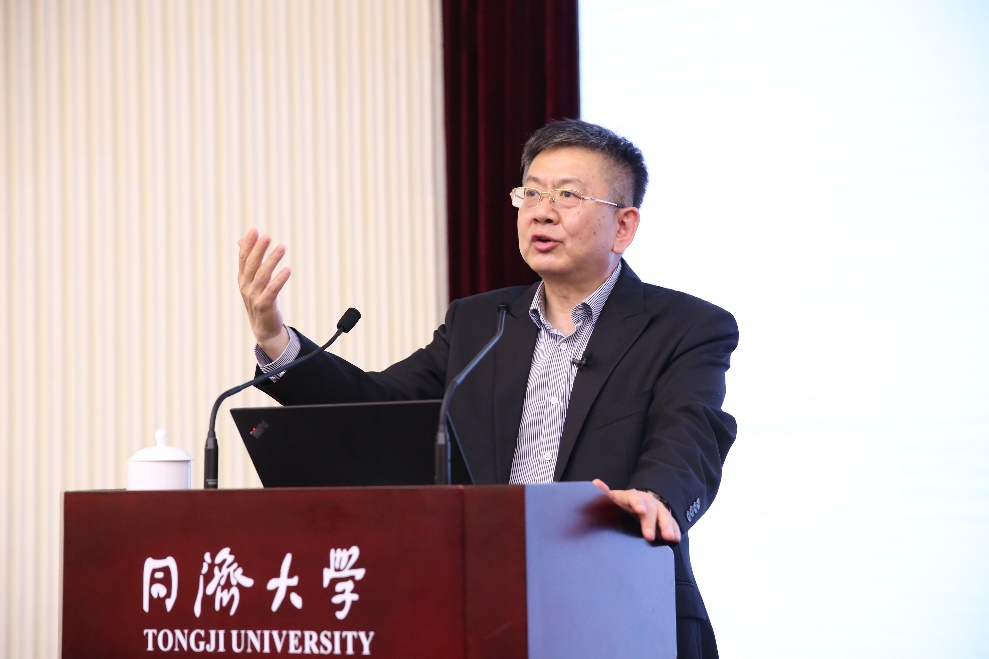
Then, President Xu delivered a wonderful analysis of the four conditions that China’s innovation in IR theory needs to meet in the new era. First, the new paradigm should play a role in deepening cognition and enhancing people’s analysis and understanding of the general trend of world development and the important new trends and features of contemporary international relations. Second, the new paradigm should play an important role in guiding the evolution of international relations in a positive direction conducive to world peace and development. It should reflect the pursuit of common value of mankind and be easily understood and accepted by countries and societies with different cultural backgrounds. Third, the new paradigm should be universally proven to be feasible and operable in practice, and has universal practical significance in explaining and guiding international relations. Fourth, the new paradigm should be fully embodied or verified in China’s diplomatic theory and practice, and form an organic unity with China’s diplomatic theory.
After that, taking the concept of the community with a shared future for mankind as an example, President Xu expounded the significance of promoting the new paradigm for IR theory with Chinese characteristics in the new era. The community with a shared future for mankind contains three elements, i.e., sovereign equality, community, and awareness of globalization. All these are indispensable and organically integrated with Chinese diplomatic theory and practice. The concept of the community with a shared future for mankind embodies an adherence to the enlightenment spirit in the complicated background of unprecedented changes in the past century. It has transcended the theoretical value of cultural differences between China and the West, and gone beyond such paradigms as the Cold War mentality, the clash of civilizations theory, the end of history theory, and the traditional nationalism.
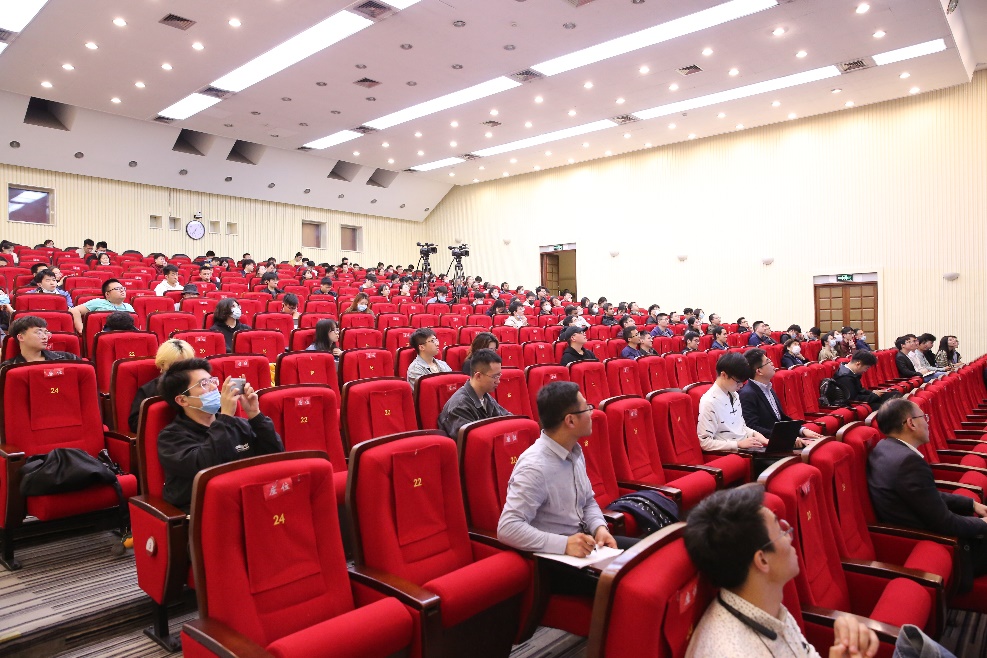
Finally, from the perspective of the changes in China-US relations, Professor Xu elaborated on the practical significance of the concept of the community with a shared future for mankind in guiding the development of international relations. As indicated by Xu, the Biden administration’s Cold War policy framework for China has initially taken shape, and the US is provoking a new Cold War against China, which is reflected in the comprehensive structural suppression strategy launched by the Biden administration against China. The US seeks to form an alliance system to jointly contain China, promote the building of an international order against China, and strengthen the ideological features of confrontation between China and the US. The reasons behind that can be analyzed from the internal and external perspectives of the US.
Internally, a new Cold War with China is in line with the US’ needs of political correctness. Externally, the US is facing a number of crises and contradictions, and its strength is on the relative decline; therefore, it needs to create a common enemy for all countries in the West, so as to restore its leading position. Currently, the severest external threat for China is the risk of being drawn into a new Cold War. China should take the initiative in the China-US rivalry to manage this risk.
In response, we can resist the Cold War mentality by promoting the concept of the community with a shared future for mankind, and create more reasonable international relations on the moral high ground. We can promote cooperation in areas of common interests between China and the US. We can adhere to the strategy of dogfight to eliminate the US’ possibility of completely decoupling from China. We can uphold the principle of strategic concentration. We can focus on ourselves and mind our own business. Professor Xu summarized that the China-US rivalry is ultimately a competition of development and governance, and a game of endurance and sustainability in the long run. The result of this game will depend on the internal affairs. The top priority is to develop our country well.
During the Q&A session, President Xu carefully answered the teachers and students’ questions, including with regard to “the community with a shared future for mankind and the Cold War mentality” and “China’s overseas interests”, which won bursts of warm applause.

At the end of the event, Dean Men expressed his gratitude to Professor Xu for such a wonderful lecture and academic feast he brought to Tongji teachers and students. As commented by Dean Men, President Xu has emphasized that the era of great changes in the world is giving birth to new theories, especially the innovation of China’s IR theory in the new era by integrating the history of the world, the history of China, and the changing landscape of our time; and based on years of academic research and diplomatic practice, President Xu has provided us with a profound and comprehensive analysis of China-US relations, and especially, he has suggested that we avoid being drawn into a new Cold War when dealing with the US, which is quite thought-provoking.
As emphasized by Dean Men, China has gone through a difficult way during the journey of exploration of China’s IR theory. Historically, the rise of any power has been closely associated with the innovation in IR theory. Clearly, the UK, the US and the current China represent three peaks of innovation in IR theory, and China is reaching the peak. President Xu’s lecture today shows how China is heading to the peak of theoretical innovation.
Innovation in IR theory is not easy, as it has to be based on the reality and the history of China. As said by Dean Men, China is a country with ideals, such as our national ideal of “Great Unity”, our social ideal of “Great Harmony”, and our world ideal of “Tian Xia (all under heaven)”; and the concept of building a community of shared future for mankind is the contemporary expression of China’s world ideal. President Xu’s speech is not only about how to build an ideal, but more importantly, about how to realize it by combining practical analysis with theoretical innovation. Only this combination of history and theory can be regarded as the most important contribution to China’s exploration of international relations.




